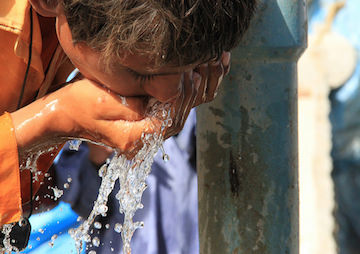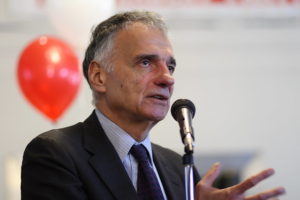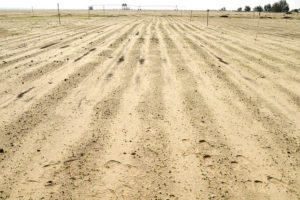Emergency Measures Imposed in Pakistan as Heat Wave Death Toll Approaches 700
Temperatures soared to around 113 degrees Fahrenheit over the weekend, with the country declaring a state of emergency in hospitals. DFID - UK Department for International Development / CC BY 2.0
DFID - UK Department for International Development / CC BY 2.0
Almost 700 people have perished in a devastating three-day heat wave in Pakistan, according to officials. Temperatures soared to around 113 degrees Fahrenheit over the weekend, with the country declaring a state of emergency in hospitals Tuesday.
Although Prime Minister Nawaz Sharif is calling for emergency measures, his government’s slow handling of the crisis has prompted protests and intense criticism.
BBC News reports:
The army is now being deployed to help set up heat stroke centres, with temperatures reaching 45C (113F).
Officials have been criticized for not doing enough to tackle the crisis.
There is anger among local residents at the authorities because power cuts have restricted the use of air-conditioning units and fans, correspondents say.
Matters have been made worse by the widespread abstention from water during daylight hours during the fasting month of Ramadan.
On Tuesday, the National Disaster Management Authority (NDMA) said it had received orders from Mr Sharif to take immediate action to tackle the crisis.
This came as Sindh province Health Secretary Saeed Mangnejo said 612 people had died in the main government-run hospitals in the city of Karachi during the past four days. Another 80 are reported to have died in private hospitals.
Many of the victims are elderly people from low-income families.
Thousands more people are being treated, and some of them are in serious condition.
The article can be read in full here.
–Posted by Roisin Davis
Your support matters…Independent journalism is under threat and overshadowed by heavily funded mainstream media.
You can help level the playing field. Become a member.
Your tax-deductible contribution keeps us digging beneath the headlines to give you thought-provoking, investigative reporting and analysis that unearths what's really happening- without compromise.
Give today to support our courageous, independent journalists.






You need to be a supporter to comment.
There are currently no responses to this article.
Be the first to respond.